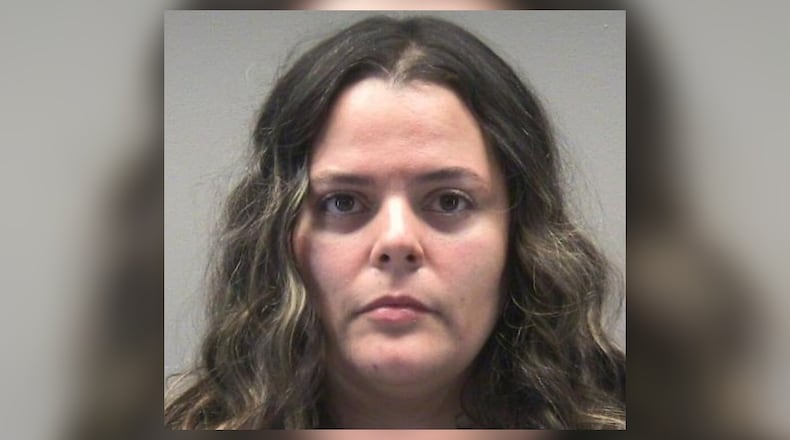“Anytime there’s a government benefit program, in our experience, the cases that arise don’t happen within the snap of a finger,” he said, adding that as time goes on, evidence starts to surface and cases start getting filed.
The U.S. Attorney’s office announced this week that Dayton resident Nadine Jackson, 32, was sentenced to 24 months in prison in a case where she fraudulently sought $2.5 million by reporting she had more than 70 employees she needed to pay. A law enforcement investigation found she had few or no employees.
“As small businesses tried to keep their heads (above) water, Ms. Jackson tried to become a multi-millionaire,” prosecutors said in a sentencing memorandum in the case.
Jackson’s attorneys said she applied for the loans not out of greed but to help her family who lost income due to the pandemic.
Prosecutors told a judge in Jackson’s case that stealing from the COVID-19 relief programs is a detriment to everyone.
“The Paycheck Protection Program is designed to help legitimate small business owners to keep their doors open and Americans employed during the current pandemic,” prosecutors said in the sentencing memorandum. “But PPP funds are not unlimited, and misdirecting emergency assistance from small businesses who need it to stay afloat harms all of us.”
Jackson is due back in court soon to determine whether she will be allowed to turn herself into authorities at a later date or if she should start her prison sentence now.
Patel said Jackson’s case is the only case filed of its kind in Dayton at the moment, but investigators are looking into others and the office will hold other law-breakers accountable.
“Her prison sentence should serve as a warning to anyone else considering this conduct,” Patel said.
Patel said there are two other similar cases in the District of Southern Ohio, one in Columbus and the other in Cincinnati.
About the Author

